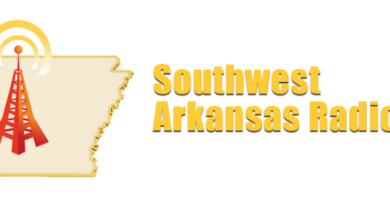Congressman Westerman to Introduce Albert Pike Legislation
On December 16th the U.S. Forest Service announced that overnight camping wouldn’t be resumed at Albert Pike. Located in the Ouachita National Forest, Albert Pike, experienced a tragic flood on June 11 of 2010 and has since had 25% of the developed campsites decommissioned. The Forest Service made known their desire for camping to be prohibited after an environmental assessment indicated that all four campground loops were below the “100-year flood elevation”. The 100 year-flood plain designation means that a 1% chance of flooding exists in any given year. Loop C and D in particular were found to be below the 10-year flood elevation giving a 10% chance of flood annually.
20 lives were lost in the early hours on that June 11 day when the Little Missouri River spilled over its banks generating a flash flood. For over a decade this area has been in limbo subject to lawsuits and court orders suspending use of the facilities. After a period of accepted public comments the area’s day-use has been decided as the only current available option.
A proponent for an alternative comes in Arkansas Congressman Bruce Westerman. Westerman says, “While I understand the overly cautious nature of federal agencies, and I’m pleased the United States Forestry Service at least plans to implement the easiest and most risk-averse option which is day use, I’m very disappointed in their decision to announce permanent closure of the Albert Pike Recreation Area for overnight camping.” Westerman says he has heard an overwhelming response from constituents who see that developing the site in such a way that promotes safety while camping overnight should be an option.
In an effort to support these voices Westerman has announced that he plans to introduce legislation to do just that. Westerman expressed that the deaths in the area were tragic but that in his legislation he will propose options that will be well above floodplain levels so as to utilize this area safely. Funding will potentially come through the Great American Outdoors Act, the Land and Water Conservation Fund, and other agency of congressional appropriations.


